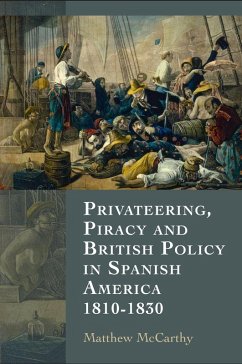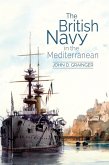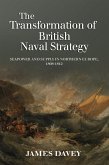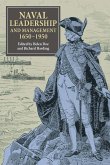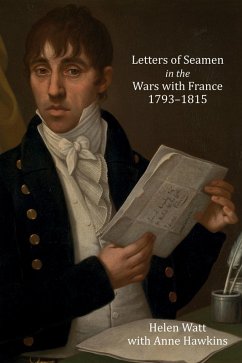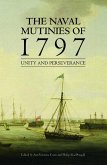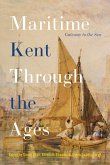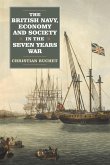Shows how the political turmoil of the Spanish American Wars of Independence allowed an upsurge in prize-taking activity by navies, privateers and pirates.
Private maritime predation was integral to the Spanish American Wars of Independence. When colonists rebelled against Spanish rule in 1810 they deployed privateers - los corsarios insurgentes - to prosecute their revolutionary struggle at sea. Spain responded by commissioning privateers of its own, while the disintegration of Spanish authority in the New World created conditions in which unauthorised prize-taking - piracy - also flourished.
This upsurge in privateering and piracy has been neglected by historians yet it posed a significant threat to British interests. As numerous vessels were captured and plundered, the British government - endeavouring to remain neutral in the Spanish American conflict - faced a dilemma. An insufficient response might hinder Britain's commercial expansion but an overly aggressive approach risked plunging the nation into another war. Privateering, Piracy and British Policy in Spanish America assesses the varied and flexible ways the British government responded to prize-taking activity in order to safeguard and enhance its wider commercial and political objectives. This analysis marks a significant and original contribution to the study of privateering and piracy, and informs key debates about the development of international law and the character of British imperialism in the nineteenth century.
Matthew McCarthy is Research Officer at the Maritime Historical Studies Centre, University of Hull. He was awarded his PhD by the University of Hull in 2011 and won the British Commission for Maritime History/Boydell & Brewer prize for best doctoral thesis in maritime history.
Private maritime predation was integral to the Spanish American Wars of Independence. When colonists rebelled against Spanish rule in 1810 they deployed privateers - los corsarios insurgentes - to prosecute their revolutionary struggle at sea. Spain responded by commissioning privateers of its own, while the disintegration of Spanish authority in the New World created conditions in which unauthorised prize-taking - piracy - also flourished.
This upsurge in privateering and piracy has been neglected by historians yet it posed a significant threat to British interests. As numerous vessels were captured and plundered, the British government - endeavouring to remain neutral in the Spanish American conflict - faced a dilemma. An insufficient response might hinder Britain's commercial expansion but an overly aggressive approach risked plunging the nation into another war. Privateering, Piracy and British Policy in Spanish America assesses the varied and flexible ways the British government responded to prize-taking activity in order to safeguard and enhance its wider commercial and political objectives. This analysis marks a significant and original contribution to the study of privateering and piracy, and informs key debates about the development of international law and the character of British imperialism in the nineteenth century.
Matthew McCarthy is Research Officer at the Maritime Historical Studies Centre, University of Hull. He was awarded his PhD by the University of Hull in 2011 and won the British Commission for Maritime History/Boydell & Brewer prize for best doctoral thesis in maritime history.
Dieser Download kann aus rechtlichen Gründen nur mit Rechnungsadresse in A, D ausgeliefert werden.

